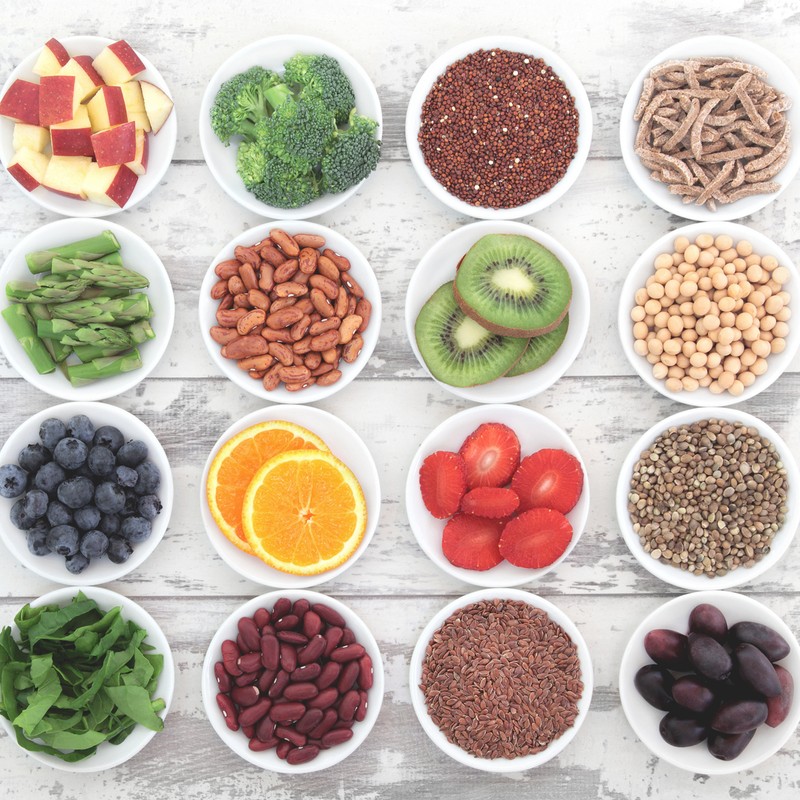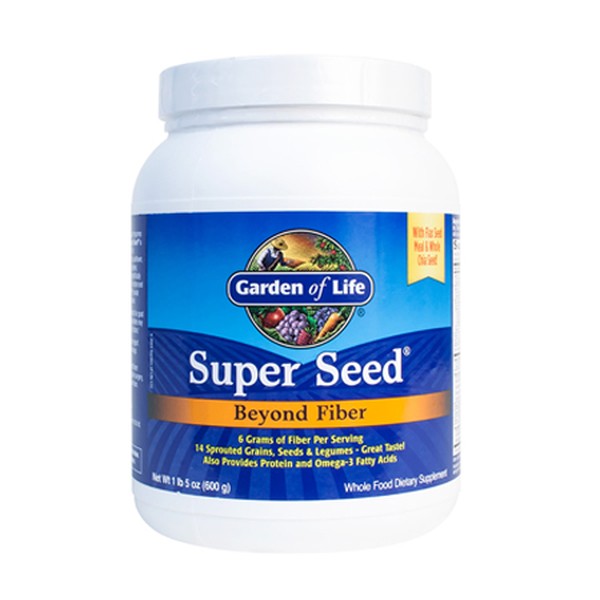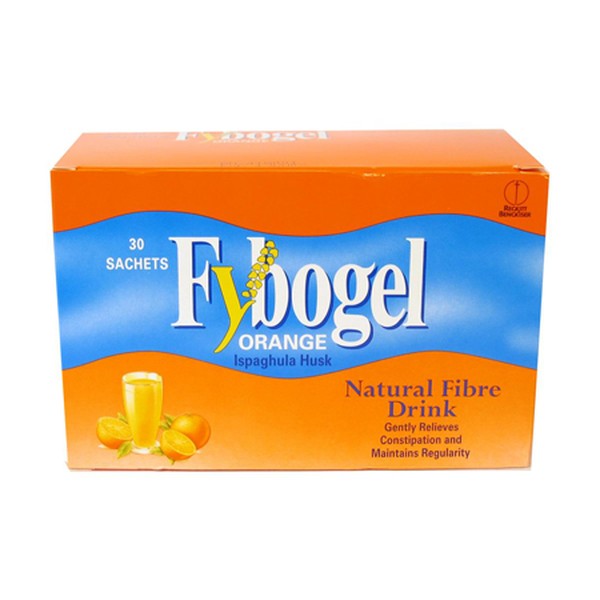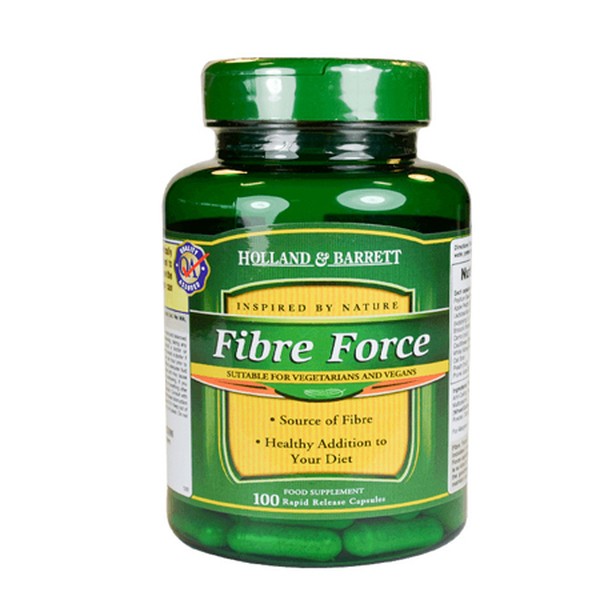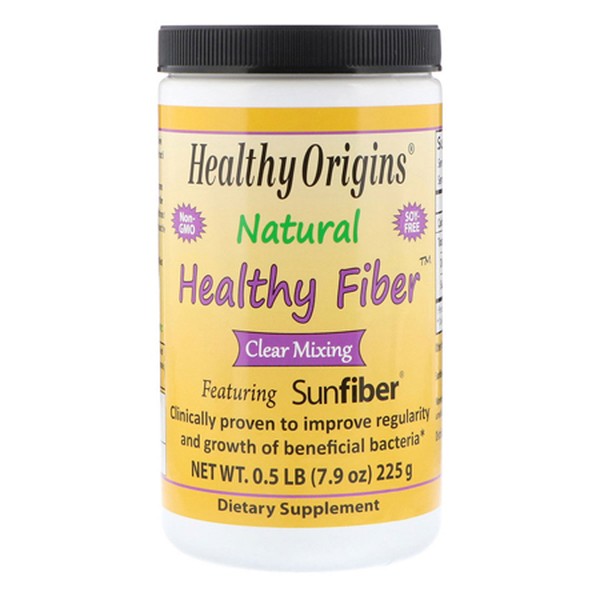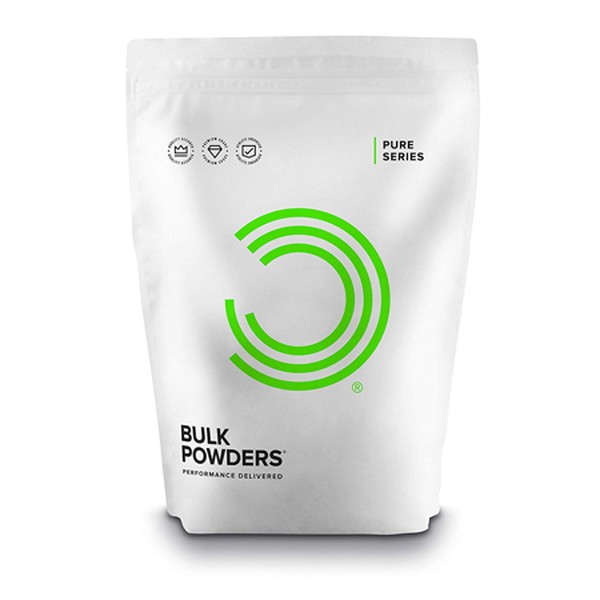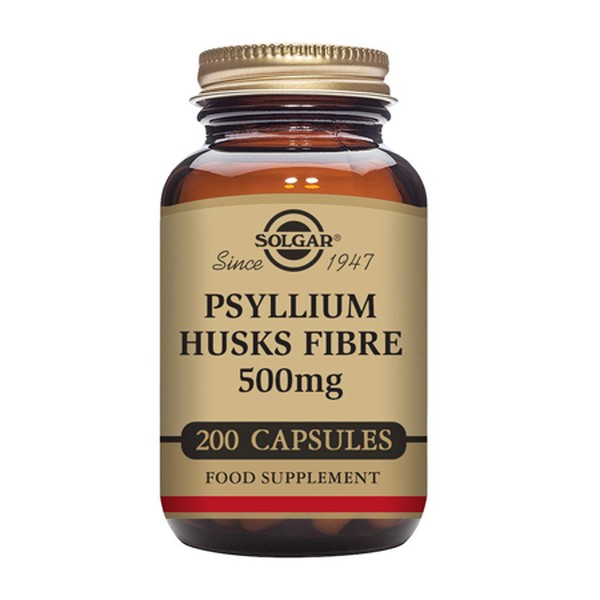Are You Deficient In Fibre?
Why is fibre such an important part of our diets?
Often forgotten and neglected, fibre is responsible for normalising bowel movements and lowering cholesterol levels. It’s also vital for improving digestion and giving you an all-natural detox. Other benefits include weight loss, with some reporting it can reduce your chances of certain cancers and cut back your risk of type 2 diabetes. The latter is said to be due to its ability to keep our blood sugar levels steady. Yet despite being lauded as vital, it’s estimated we’re only just getting above half (roughly 17g) of our recommended daily amount (RDA), which is 30g.
What’s the reason for such a high % of deficiency?
While many of us understand its importance, a recent statistic showed only 6% of us know the amount our bodies need and why. Combine with the modern convenience diet of shop-bought lunches, ready meals and processed white grains, and you appreciate why our intake is so minimal.
Are there any key signs to know if we’re fibre deficient?
1. You’re regularly constipated or bloated: Admittedly not so glamorous, but fibre is key in eliminating unwanted toxins from the body, therefore keeping the colon working effectively and efficiently. It keeps systems moving at a smooth, steady pace, and without it, experts claim food would get stuck along the top of the digestive tract, hence the nasty bloating.
2. You’re hungry straight after a meal: This is one of the easier ways to know if you’re deficient. Fibre takes up space in your digestive tract, which is why you feel satisfied for longer after eating it. So, if you’re finding you get hunger pangs within an hour or two post-meal, it’s a sign your levels could be low. Avoid highly processed snacks (crisps and biscuits) and opt for nourishing salads with a sprinkle of fibrous lentils or chickpeas – or even a little whole-wheat pasta – see, it’s not all dull.
3. You’re feeling tired: When you’re lacking in roughage, your body’s glucose levels become unbalanced and crash. This, in turn, can lead to adrenal fatigue, and disturbed sleep. The conclusion? Try snacking on high-fibre foods throughout the day, like fruit or crackers – this will stave off feelings of irritability and sluggishness.
So, what’s the best way to boost your fibre intake?
Stock up on dark green leafy vegetables (think spinach and broccoli), brown rice, fruits such as apples, pears and prunes, all of which are jam-packed with fibre, as well as chickpeas, almonds and even popcorn. Chocolate isn’t off limits either. It’s surprisingly high in nutrients and one of the most antioxidant-rich foods on the planet with the inclusion of a little fibre. Make sure you choose a bar with a high cocoa content of 70-95%, to avoid any with excess sugars. For an extra boost, try one of the latest supplements available to the market. While they won’t meet all your daily dietary needs, they will help detoxify the gut and soothe inflammation.
We round up our favourites below…
DISCLAIMER: We endeavour to always credit the correct original source of every image we use. If you think a credit may be incorrect, please contact us at info@sheerluxe.com.
